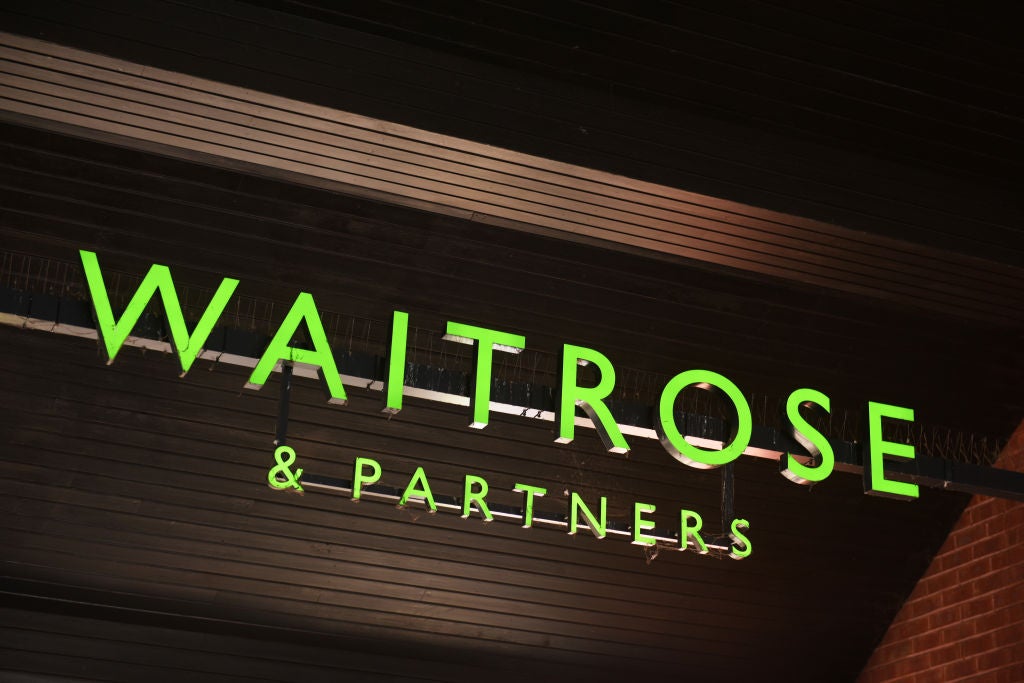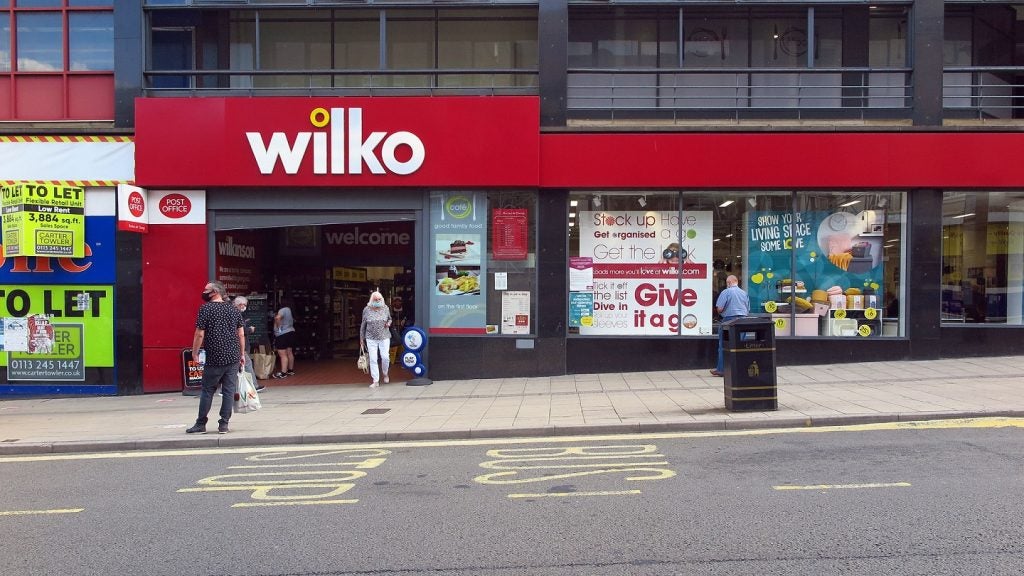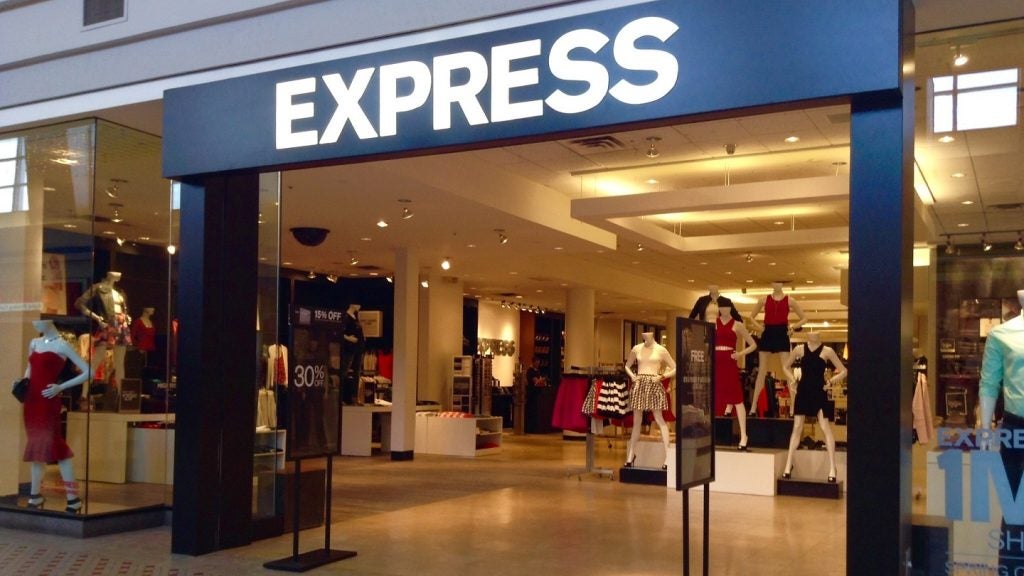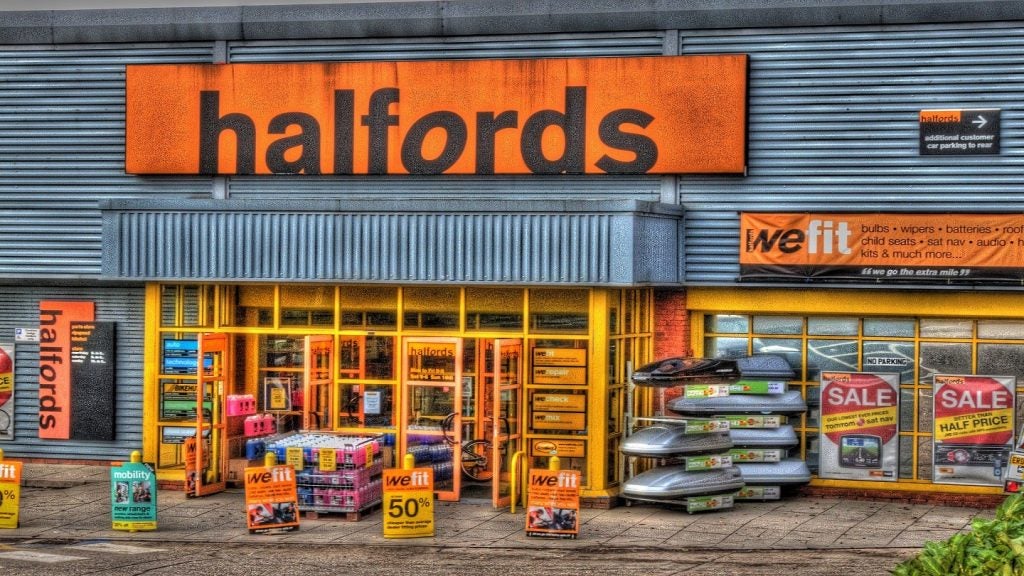In a world where any determined entrepreneur can establish their own fashion brand, fighting for differentiation in the apparel sector can seem an impossible task.
Not only do brand owners have to make space and rise up against traditional fashion brands with storied histories, expansive operations, and loyal consumer bases, they are also up against an endless sea of competition from smaller and independent businesses that are constantly appearing on the market.
Yet, the risks can pay dividends, especially in a market that is forecast to grow at a CAGR of 5.5% by 2026 to reach $2,556bn.
So how can anyone with a passion for fashion and business acumen start and maintain a successful clothing brand?
Wax London is a success story for aspiring retailers. Founded in 2015, the brand has become known for slow fashion pieces made in international sustainable mills. It also has 83 wholesale customers across 16 countries, including Zalando and Nordstrom.
Retail Insight Network speaks to Wax London co-founder Tom Holmes about the brand's ethos and his guidance on brand formation.
What advice would you give to entrepreneurs looking to establish their own fashion brand?
I think the best piece of advice I can give is to not be afraid and to go after your dreams.
If you have an idea and believe in it then put all you can in to bringing that to life.
What are the main challenges fashion brands are currently facing?
I think there are always issues and challenges for any business but it’s how you deal with those that will define you. It’s about the journey as much, if not more than the destination. One challenge is to stand out in a crowded market - being true to your vision and understanding what differentiates you is key.
The difficult economic environment presents challenges. Cost price inflation we have managed as much as possible working with our supply partners closely. We have focused on creating product that delivers for our customers on design and quality, but also on value versus our competitor set. We are conscious of how the cost of living changes can affect our customers.
The operational side of our business has been reviewed to deliver greater efficiencies across areas such as logistics, finance, marketing and wholesale. This is key with so many cost pressures.
How can fashion retailers ensure traceability in supply chains?
At Wax, traceability been at the forefront of what we have been doing since day one. It’s a tricky question and there is no simple answer, but it’s about always striving to do better and collating all the information you can up front, along with constantly reviewing how you do things.
We believe in supply chains as partnerships as the base for greater visibility. In our team we have a garment/fabric technologist. His experience and knowledge is key, in combination with robust processes to challenge and record the supply chain from the start of the product development. It is a challenge and each season we improve further.
Is technology such as AI essential to modern retail operations?
I think in certain areas we are starting to see this come in for sure, but for me human connection is more important now than ever, so it’s about using these new technologies in ways that doesn’t jeopardise that.
It is early days to be sure how and where AI will have commercial benefits within retail. Our approach at the moment is to be aware of developments and look for things that can improve our efficiency. It’s a considered approach not “hype” driven. We believe our business is all about the team, and that human connection is more important now than ever. It has to be complimentary















